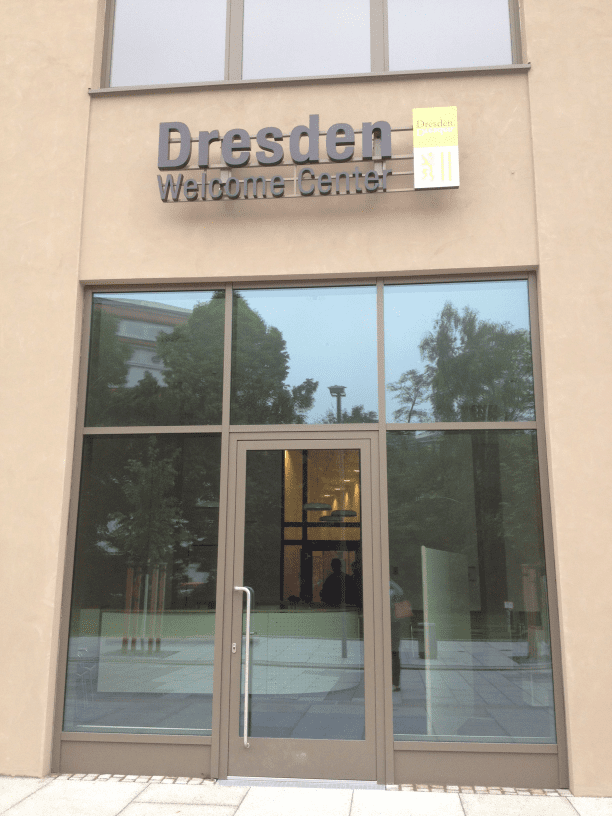The labor market in Germany is highly attractive for many expats from all over the world due to its consistent growth and working conditions. Recently, the increasing demand for certain categories of professions and qualifications has led to a better inclusion of foreigners in the society through eased administrative procedures to settle down in German cities. This article will further detail on the occupations currently in demand in Germany.
There are many advantages of living and working in Germany. First, the German economy is one of the three strongest worldwide and is still growing at a low unemployment rate (7%). Moreover, the strong social security system protecting the sick, disabled, unemployed or retired people is a great benefit attracting expats from all over the world. Additionally, due to the increasing number of immigrants, and thus the salient multicultural characteristic, the process of integration in German society
became smoother and more comfortable.
However, the benefits of strong economy, good salaries, high standard of living and social benefits, a modern infrastructure and affordable, high-quality housing come with some challenges: learning the language and becoming comfortable in your new home.
The good news is that lately, the immigration law became more permissive, especially for certain categories of workers. The reason for this policy change might lie in the high rate of aging which leads to a loss of around 250,000 workers yearly but also in the shortage of graduates in certain fields of study.
But let’s have a closer look at those sectors and professions that favor the access of the immigrants on the German labor market. The chances you can get a job and obtain the working paper needed (e.g. visa, work permit, etc.) without much trouble are higher for people with vocational qualifications, doctors, innovative engineers and experts in technology, IT and science.
German healthcare system is renowned for its dense hospitals’ network, professional medical practices and a generally high level of care. As a doctor in Germany, you benefit in several ways from this status. Society not only appreciates and esteems doctors, but they are also well rewarded, the average salary for graduates being around €49,000 a year.
The need for doctors in Germany reaches the number 5,000, but it is expected to increase in the following years only in the public sector. The private sector is also in need of general practitioners. As for the immigration policies, you should know that whether from EU or non-EU country, you are eligible and likely to obtain the medical license. Please check www.anerkennung-in-deutschland.de for more details.
Germany can easily be called the center of innovation due to its cutting edge technological contributions in various fields, such as automobile, X-ray, IT, chemical & pharmaceutical industries as well as biotech and nanotech sectors. The shortage of STEM graduates(science, technology, engineering, and mathematics) lead to a consistently high demand of scientists in this field
Therefore the job prospects for graduates are excellent and the salaries vary between €35,000 and €40,000 and can reach €70,000 based on the years of professional experience. Applying for the work permit process should be flawless for the ones looking for jobs in these areas, but for more information, this link can be checked.
Finally, there has been a consistent increase in demand for caregivers and people with vocational training; for which the access to the labor market is also smoother.
As a conclusion, if you are considering working in Germany and are qualified in one of the fields mentioned in this article, you should be aware that there is not only plenty of job opportunities waiting but also administrative actions aimed at facilitating your access to the labor market. If you want to check some more detailed information on the recognition of foreign vocational qualifications in Germany, check www.anerkennung-in-deutschland.de.








